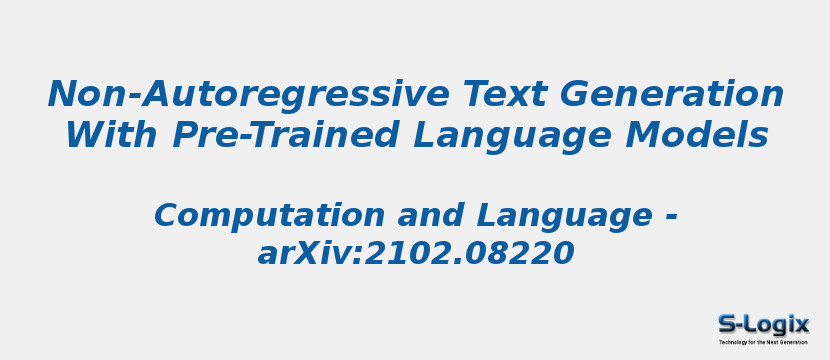Research Area: Machine Learning
Non-autoregressive generation (NAG) has recently attracted great attention due to its fast inference speed. However, the generation quality of existing NAG models still lags behind their autoregressive counterparts. In this work, we show that BERT can be employed as the backbone of a NAG model to greatly improve performance. Additionally, we devise mechanisms to alleviate the two common problems of vanilla NAG models: the inflexibility of prefixed output length and the conditional independence of individual token predictions. Lastly, to further increase the speed advantage of the proposed model, we propose a new decoding strategy, ratio-first, for applications where the output lengths can be approximately estimated beforehand. For a comprehensive evaluation, we test the proposed model on three text generation tasks, including text summarization, sentence compression and machine translation. Experimental results show that our model significantly outperforms existing non-autoregressive baselines and achieves competitive performance with many strong autoregressive models. In addition, we also conduct extensive analysis experiments to reveal the effect of each proposed component.
Keywords:
Author(s) Name: Yixuan Su, Deng Cai, Yan Wang, David Vandyke, Simon Baker, Piji Li, Nigel Collier
Journal name: Computation and Language
Conferrence name:
Publisher name: arxiv
DOI: arXiv:2102.08220
Volume Information:
Paper Link: https://arxiv.org/abs/2102.08220
